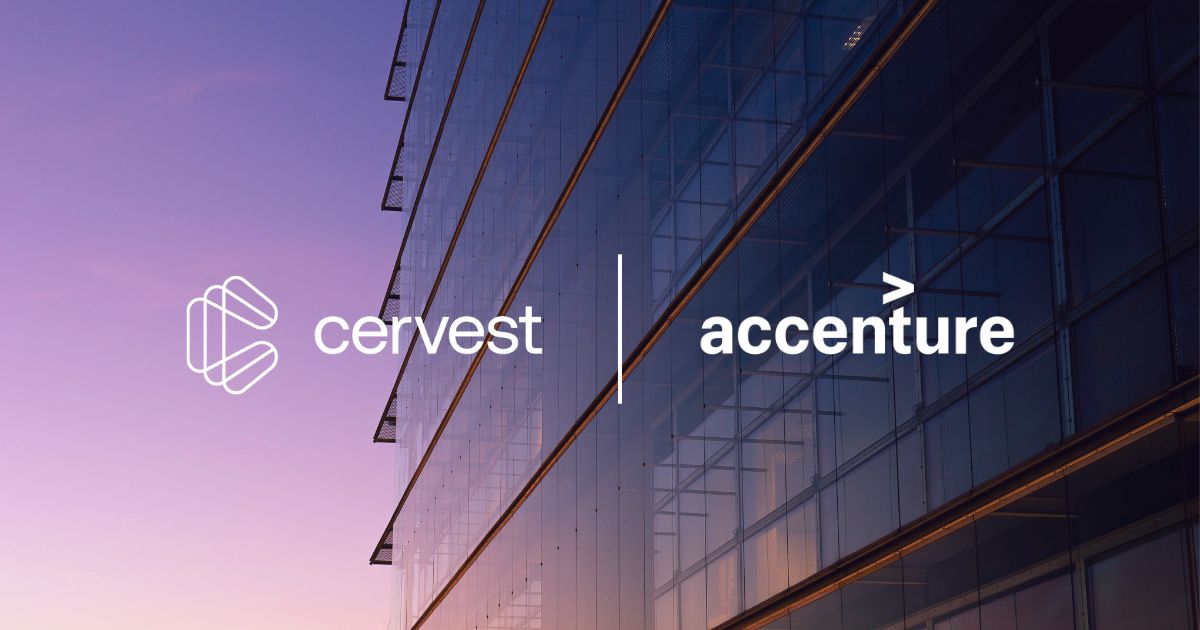CIC Member Roger Spitz calls Climate Intelligence, ‘The New Business Intelligence’

Following the launch of our Climate Intelligence Council, Cervest is running a series of Q&As with its inaugural members, a group of experts in science, policy, finance, technology and business, to discuss their views and shared commitment to advancing adaptation and resilience to climate risk.
In this third article in the series, I’m thrilled to introduce the next inaugural member to the council, Roger Spitz, President of Techistential and Chairman of Disruptive Futures Institute.
Roger has had an extensive career; leading investment banking businesses and advising CEOs, boards, and shareholders globally. He currently sits on a number of advisory boards of companies, VC funds, and academic institutions worldwide including Berkeley SkyDeck, Qwasar Silicon Valley, and Vektor Partners. As an advisor, speaker, and author on Artificial Intelligence, Roger has invested in a number of AI startups.
I spoke with Roger to gain an insight into what he is currently working on and his views on how organizations should proceed following the COP26 summit.
Please share with us what you are working on in the climate space right now.
As the founder of the Disruptive Futures Institute, my goal is to help decision-makers understand the very real risks that they can no longer ignore, and educate them on mitigation strategies. In today’s radically transparent and traceable world, organizations and their leaders are at last more accountable for their climate impact than ever. Technology plays a key role in monitoring and measuring the environmental, ethical, and social impact of organizations across supply and value chains, which ensures that eco-labels, green finance, and sustainability claims are substantiated.
From your perspective, what should organizations be doing today? What actions should be taken to mitigate climate risk?
Bold action and strategic choices need to be aligned to alleviate climate risk. Climate represents extremely complex challenges that require us to look at how systems are interconnected, with an appreciation of the dynamics, behaviours and interdependencies of the many different drivers. As billions of dollars are invested to enable regenerative transformation, there are new opportunities to develop innovative solutions. The extent of innovation should result in the current decade emerging as an era of “Greenaissance”.
Why do you believe that Climate Intelligence is so critical to the climate risk debate?
Climate Intelligence is the new Business Intelligence. The frequency or severity of extreme weather events driven by climate change could mean longer heatwaves, intensification of droughts and a greater number of severe storms, all of which can ultimately impact on financial stability. These risk factors apply to any company, in any industry, where there may be concerns or considerations in relation to climate assumptions. Climate Intelligence offers insights for strategic and financial decision-making by understanding the potential impact of climate change.
You're one of the first members of the Cervest Climate Intelligence Council. What led you to join?
There is no cause more pressing than climate. My hope is that the Council, together with Cervest’s team of world-class scientists, can combine our individual expertise in ways that would not arise until we all interact. We can discover new pathways to ensure Climate Intelligence is provided on an open platform and remains transparent. Together we can help organizations make everyday decisions, to adapt with climate change by protecting the world’s critical assets – including our greatest asset, the planet.
COP26 has just taken place. What outcomes were you hoping to see from this year's event?
Addressing the issue of “climate hypocrisy” has to be a priority. We need to be more critical in order to avoid some of the many greenwashing initiatives presented to us. In a world of short attention spans, we run the risk of confusing surface level marketing with genuine policy change and actual implementations. Of course there are many impactful initiatives, and the momentum is strong for point solutions such as renewable energy-related investments. But we must address climate systemically, starting in the playground and then all the way to our boardrooms.
For more Cervest news, sign up for our newsletter.
Share this article
Our latest news and insights

Accenture and Cervest collaborate to bring innovative solutions to clients seeking resilience amid increased climate risk
Read more
What is climate intelligence and why do businesses and governments need it?
Read more
